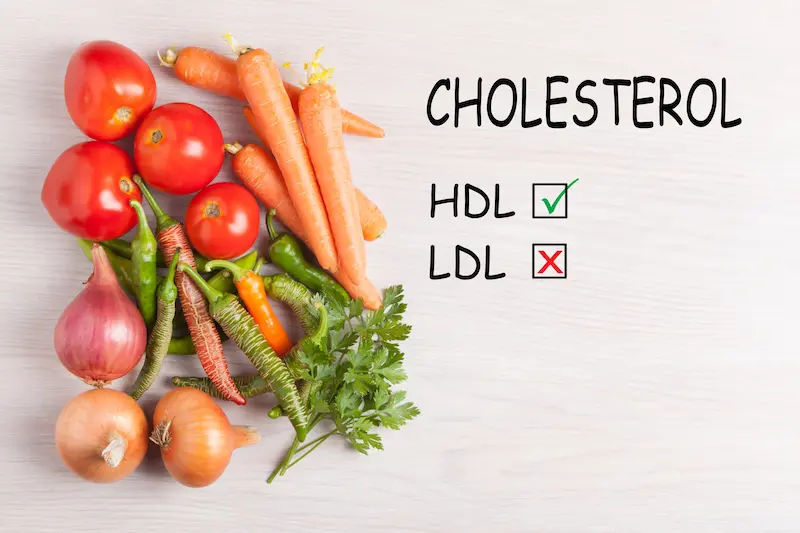- Male
- 25 Years
- 20/02/2025
I've been noticing that when I'm lying down, I can actually feel my heartbeat. Is this what's known as palpitation? It doesn't feel like that scary, pounding sensation, just a slight awareness of my heartbeat. Should I be concerned?
Answered by 1 Apollo Doctors
Yes, feeling your heart beat when lying down can be considered palpitations. It is important to monitor your symptoms and consult with a healthcare professional for further evaluation. In the meantime, you can try taking propranolol 10mg once daily to help with palpitations.
Dr. Ranjith Suggests...
Consult a Cardiologist
Answered 04/07/2025
0
0

Ask Apollo
AI powered Health Chatbot
-
Understanding the Sensation
a. Feeling your heartbeat when lying down can be normal and is not always a sign of palpitations.
b. It may be due to increased awareness in a quiet environment. -
When to Seek Medical Advice
a. If the sensation is accompanied by dizziness, chest pain, or shortness of breath, consult a healthcare provider.
b. Persistent or worsening symptoms should also be evaluated. -
General Recommendations
a. Monitor the frequency and any associated symptoms.
b. Maintain a healthy lifestyle, including stress management and regular exercise.
Answered 10/09/2025
0
0

More Cardiology Health Queries
View allThe stitches from my bypass surgery are really painful and I feel like my skin is stretching, especially when I walk. Is this normal or should I be worried?
normal norhing to worry ok.
Answered by 1 Apollo Doctors
I'm experiencing some sharp pains on the right side of my chest, especially when I bend or do certain activities. What could be causing this?
it might be due to gastritis, take tablet pantop and tablet zerodol ,it will reduce your pain
Answered by 1 Apollo Doctors
Is my EKG normal? Can you manually check the QTc levels because last time the machine got it wrong? Also, I'm confused about what non-specific ST depression means. From what I understand, ST depression is linked to a heart attack or ischemia. I've had ECGs before, but this is the first time I've seen this in the report. Could you help explain this?
Regarding the EKG, I cannot check the QTc levels manually through this platform. Non-specific ST depression on an EKG means that there are changes in the ST segment of the EKG that are not specifically indicative of a heart attack or ischemia. It can be caused by various factors such as electrolyte imbalances, medications, or even normal variation. If you have concerns about the findings on your EKG, it would be best to discuss them with your healthcare provider for further evaluation and interpretation.
Answered by 1 Apollo Doctors
Disclaimer: Answers on Apollo 247 are not intended to replace your doctor advice. Always seek help of a professional doctor in case of an medical emergency or ailment.

 What causes feeling my heartbeat when lying down?
What causes feeling my heartbeat when lying down? 



